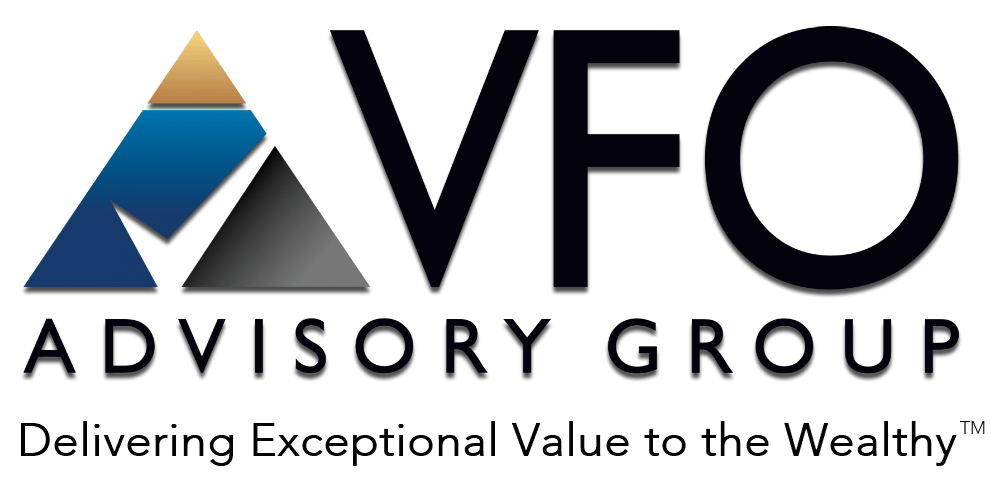RUSS ALAN PRINCE is the Executive Director of Private Wealth (pw-mag.com) and one of the leading authorities in the private wealth industry. He consults with family offices, the wealthy, fast-tracking entrepreneurs and select professionals. He is the author or co-author of more than 60 books, including Everyone Wins! How You Can Enhance and Optimize Business Relationships Just Like Ultra-Wealthy Entrepreneurs and How to Build a High-Performing Single-Family Office: Guidelines for Family Members and Senior Executives. Collectively, the cache of research-based insights within Prince’s publications is the most complete empirical analyses in the field and the largest, most comprehensive database on the topic.
VFO News Section
Original and Third-Party Content on VFO and Family Office-related Topics
Why Ultra-Wealthy Families Use Private Trust Companies

Private trust companies are state-chartered organizations that provide fiduciary services to members of a family. It can only do business with the family, not outsiders. They are a unique option available to wealthy families to help them address key issues and challenges of intergenerational wealth transfer.
The private trust company is established to serve as a trustee and is limited to one family. It enables the wealthy family to put all the trust assets together in one structure.
According to Vince Annable, CEO and Founder of VFO Advisory Group and author of The Household Endowment Model: Wealth Planning for Affluent Families, “With a growing number of states enacting legislation supportive of private trust companies, they are gaining in popularity among wealthy families. These entities usually provide these families with wealth planning and family governance at a level otherwise unavailable.”
While single-family offices and private trust companies are distinct entities, the private trust company can fill some of the roles of a family office such as investment management and administrative services including record keeping. The relationship between single-family offices and private trust companies is set by the wealthy family. For example, the two entities can operate independently where the private trust company obtains back-office services from the single-family office through a service contract.
“With a private trust company, there is the ability to have a permanent trustee in place to address the inevitable change in family composition and dynamic,” says Jeb Burton, the Managing Principal of The Burton Law Firm. “Without such an arrangement, the family is forced to rely on individual trustees, who may die or become incapacitated, and where secession issues can prove problematic. If not individual trustees, the family would need to rely on corporate trustees that might meet the preferences of the family.. This however does not provide the same flexibility afforded to a private trust company. A private trust company allows for more advanced planning strategies while still addressing concerns over implementation and decreasing challenges presented by taxing authorities.”
In contrast, the private trust company’s board of directors is composed of trusted professionals of different ages and tenures who have a very solid understanding of the interests and concerns of the wealthy family. This approach produces a form of “institutional memory” that better ensures the ongoing agenda of the wealthy family is addressed.
“With a private trust company, the family usually has extensive flexibility and control over decision making,” says Homer Smith, Executive Director of the Integrated Family Office Practice and Founder of Konvergent Wealth Partners. “For example, the wealthy family can choose who is on the board of the private trust company and how voting on important matters works.”
When there are meaningful family-owned assets in trusts such as privately held business interests, there is a strong likelihood of the decisions that are made to be more attuned to the wealthy family’s interests at the time. Additionally, when the board includes different technical specialists (e.g., lawyers, accountants, wealth managers), they are likely to make better decisions because of their familiarity with the wealthy family and the specific assets.
Many times, family members are on the investment committee of the private trust company. This gives them influence over the ways the family monies are allocated. This level of involvement is often significantly greater than the level of possible involvement with traditional trustees. If the single-family office is managing the monies in the trusts, the wealthy family is still very much involved in the process.
A major concern of many wealthy families is empowering the next generation. “Private trust companies provide a multitude of possibilities for family members to be involved in the management of the trusts,” says Peter Sasaki, Managing Member of SDS Family Office. “Creating family dynasties, for instance, are increasingly a direction a growing number of wealthy families are taking. With a private trust company, future inheritors can be educated on the workings of the family and family businesses by participating in activities such as board meetings. The degree to which future heirs are involved is determined by the family. This is often not the case with institutional trustees.”
Privacy is also enhanced as the wealthy family can often control the flow of information. The people chosen to be on the board, for instance, are all loyal to the wealthy family. According to Aaron Yen, Senior Partner, Ascendent LLP, “For non-US citizens, the privacy issues surrounding private trust companies can be particularly attractive. They can be effective in bringing assets into the United States while maintaining a high level of privacy.”
While there are substantial benefits of private trust companies to wealthy families, they are a long-term commitment. Sometimes family members take on certain responsibilities. Also, many times, trusted professionals are brought in to assist. Like single-family offices, private trust companies are family businesses. Consequently, avoiding potentially dipterous complications requires a succession plan. It is usually wise to address succession within the private trust company when it is established.
You can find this story and other informative content in Private Wealth Magazine
About the Author












